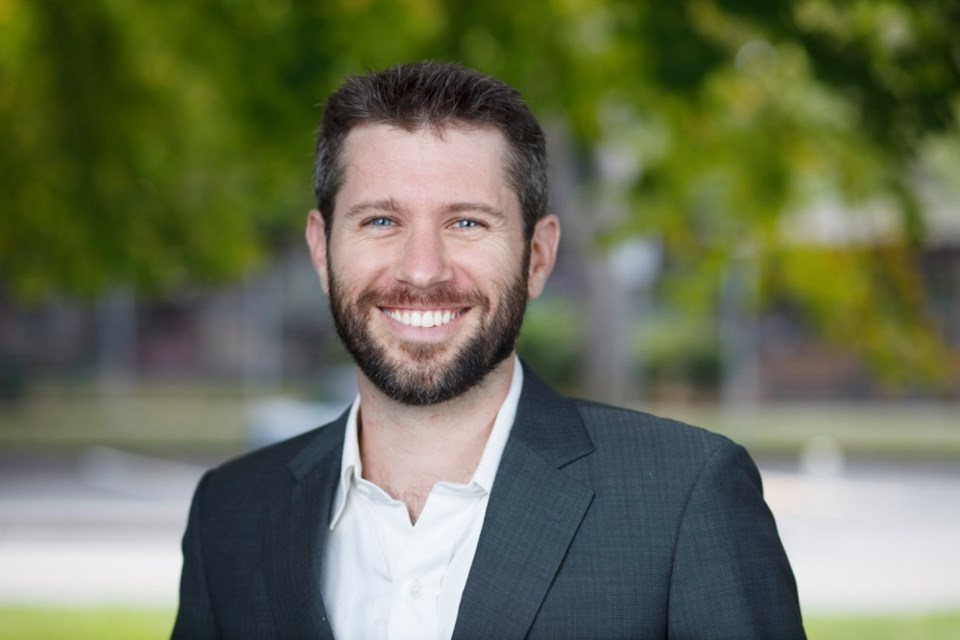Last year, I came upon a website teaching universal Kabbalah. The school claimed King Solomon as its founder. As a teacher of Jewish mysticism, I found this to be preposterous. The earliest writings of Kabbalah come from the 1200s CE and King Solomon lived over 2000 years prior to that. Unfortunately, this inaccuracy was just one drop in a bucket of misleading spiritual information I have encountered in the last 20 years. For that reason, I am not surprised to be frequently asked as a rabbi: “What is Kabbalah, anyways?”
Although there are at least a dozen things that people mean when they say Kabbalah, the major camps can be divided into three types based on spelling: Kabbalah, Cabala, and Qabalah.
Spelled with a “K”
The “Kabbalah” spelling has been used most often by Jews and academic scholars. It usually refers to a medieval Jewish style of mysticism. By “mysticism” I mean the effort to encounter the divine experientially — as opposed to theoretically. Kabbalah first arose in France and Spain. It centred around the Sephirot — a system of ten spiritual layers between the Infinite (i.e. God) and the physical world. From the top down, the Sephirot were a delivery system for Cosmic influence. From the bottom up, they were ten stages of spiritual transformation that kabbalists could follow. These levels, when interwoven with Jewish textual interpretation, became incredibly compelling to Jewish practitioners and were reimagined countless times. In the 15th century, Christians started to adopt them into a new form: Cabala.
Spelled with a “C”
This system was first developed in Italy in the 15th century by Giovanni Pico della Mirandola, a Catholic religious innovator and polymath. His many teachers included a kabbalistic rabbi. Cabala combined Christian theology with the Sephirot. It was elaborated upon and reinterpreted by subsequent Christian mystics over the next several centuries.
Spelled with a “Q”
Qabalah arose in England and the United States at the end of the 19th century, a time when Jewish Kabbalah was temporarily in decline. Occultists, an early form of what today might be called New Age, borrowed from Christian Cabala to create this new form. Qabalah focused on magical practices and also used the Sephirot and Hebrew letters as a type of spiritual filing system. Alistair Crowley, for example, organized religious customs and beliefs from around the world into a large chart which had kabbalistic symbols as the headings. Helena Blavatsky, cofounder of the Theosophical Society, placed Qabalah very prominently in her writings. She claimed, however, that the Jews had corrupted the original teachings and erroneously traced them back to the ancient Greeks and Egyptians.
No matter how it is spelled
Today’s schools of Kabbalah stem from one or more of these groups. As a student of world wisdom, I honour anyone’s efforts to seek meaning, personal growth, and self-fulfillment. However, it is essential that we know the true history of teachings we encounter, practice, or attempt to pass on. Despite many claims, there is no evidence that Kabbalah predates the middle ages, can be traced back to the Bible, or arose outside of the Jewish people.
Today, when it is done with respect and good guidance, I think it is wonderful that people from different backgrounds learn Kabbalah. However, when we engage with traditions from other cultures, an open heart should be accompanied by a skeptical eye and a deep humility. Claiming ownership over another group’s spiritual wisdom is unethical and potentially harmful. Seeking the real origins of beloved teachings and openly acknowledging how they evolve allows us to be virtuous citizens of the postmodern age.
Rabbi Matthew Ponak is a spiritual counsellor, a teacher, and an author. His upcoming book Embodied Kabbalah makes essential teachings of Jewish mysticism accessible and places them side-by-side with inspirations from our era and the world’s great wisdom traditions. Learn more at matthewponak.com.
You can read more articles on our interfaith blog, Spiritually Speaking, HERE: https://www.timescolonist.com/blogs/spiritually-speaking
* This article was published in the print edition of the Times Colonist on Saturday Sept 3rd 2022



